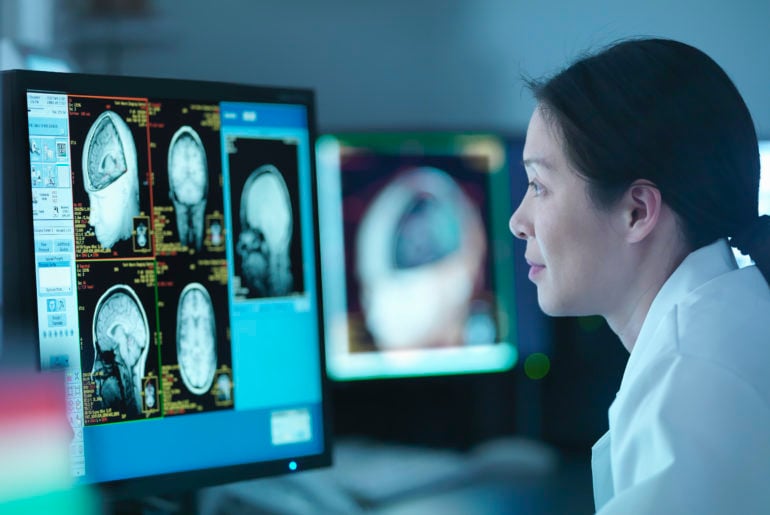The European Union’s draft AI Act is an ‘early-mover’ in the arms race towards a global blueprint for AI regulation. In December 2022, the European Council approved a compromise version of the AI Act, and next month, the European Parliament is scheduled to vote on the draft text. But despite its initial promise, the AI Act increasingly resembles the circumstances of its conception – a complex, one-time political compromise between thousands of MEPs with wildly differing views.…
Baker McKenzie partner Aarthi Belani, AbbVie head of immunology business development and acquisitions Rachel Strick, Flare Capital Partners co-founder Michael Greeley and Patient Square Capital founding partner Neel Varshney share their insights on M&A trends in the healthtech and biotech sectors for the third episode of the Talking M&A podcast. 🔊 Talking M&A Episode 3 – Spotlight on healthtech and biotech in partnership with #BakerMcKenzie, is available to listen to here: http://spr.ly/60473clHl 16 minute listen…
In brief Starting from 31 January 2023, the Clinical Trial Information System (CTIS), provided for in Art. 80 of Regulation EU 536/2014, will become the single point of access for the submission, authorization and supervision of clinical trial applications in the EU and the European Economic Area (EEA) countries. Key takeaways The single portal was launched on 31 January 2022, initiating the one-year transition period during which sponsors could choose whether to submit a clinical…
In brief Pharma companies often employ Medical Science Liaisons (MSLs) in order to provide healthcare professionals (HCPs) with high-quality professional and scientific information that lacks promotional content thereby distinguishing it from the information provided by medical sales representatives. In a recently published decision, the National Institute of Pharmacy and Nutrition (NIPN) stated that it does not support distinction between professional and promotional communication. This position leaves pharma companies with two options: either to register MSLs…
In brief A new EU-level recommendation paper (“Paper”) sets out wide-ranging recommendations for sponsors of decentralized clinical trials (DCTs). The Paper is great news for sponsors facing an array of grey areas and gaps in regulatory guidance around DCTs. It provides guidance on common issues in designing and implementing DCTs: from documenting the delegation of tasks to digital service providers, to obtaining e-consents and how investigators should manage new streams of incoming data. The recommendations…
On 30 November 2022, the Association of British HealthTech Industries (“ABHI”) hosted its annual conference. The focus was on how the NHS and regulators are developing and implementing legislation, processes and infrastructure to create an innovative environment for HealthTech in the UK to support patients and the health system. We have highlighted our key takeaways below – these will be essential considerations for any organisation involved in HealthTech, particularly connected devices, data analytics, health apps…
In brief On 25 October 2022 leading researchers and executives from some of the world’s pioneering drug and pharmaceutical companies came together at a Financial Times Live Webinar event to discuss “The Power of Clinical Trial Tokenisation”. Tokenisation of healthcare data is likely to be one of the next great innovations for developing life-saving drugs and treatments through the method of privacy-preserving record linkage (PPRL). This allows pharmaceutical companies to “tokenise” and link previously scattered…
In brief The UK government has recently published its roadmap for regulating AI as a medical device (AIaMD) and software as a medical device (SaMD). This will form part of the basis of the upcoming UK Medical Device Regulation reforms in 2024. In light of the operational difficulties faced by the NHS, AIaMD and SaMD are attractive solutions to alleviate pressures on the UK health system. Yet these products are complex and require a high…
In brief In a draft compromise text obtained by Politico, the European Council has dropped a key provision seeking to harmonise telemedicine from the draft European Health Data Space (EHDS). The (now-removed) Article 8 was aimed at encouraging the cross-border provision of telemedicine services across the EU. However, the reality is that there are vast national differences between Member States on telemedicine-related laws. It is going to require a far more concerted legislative effort to harmonise this area…








